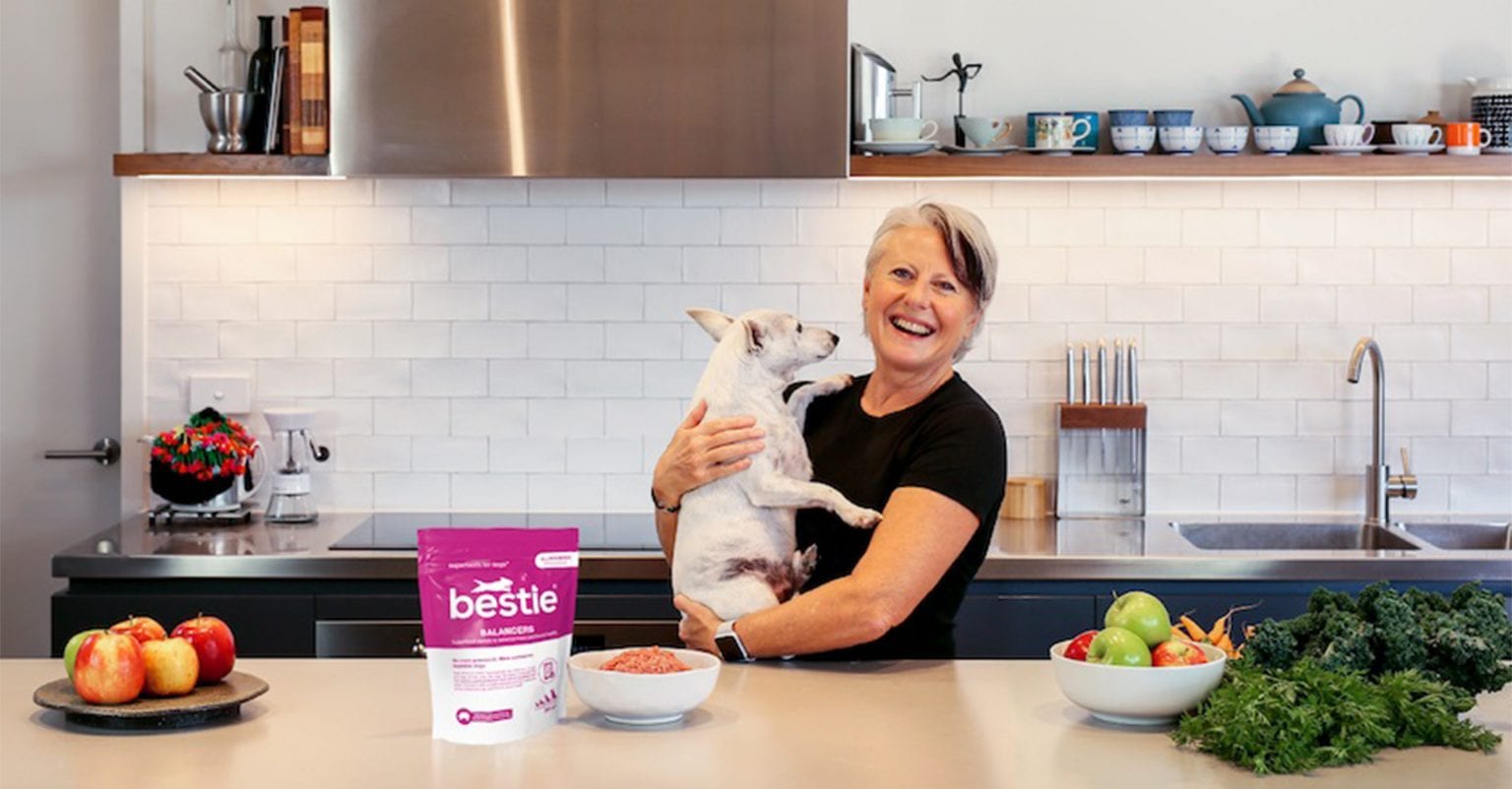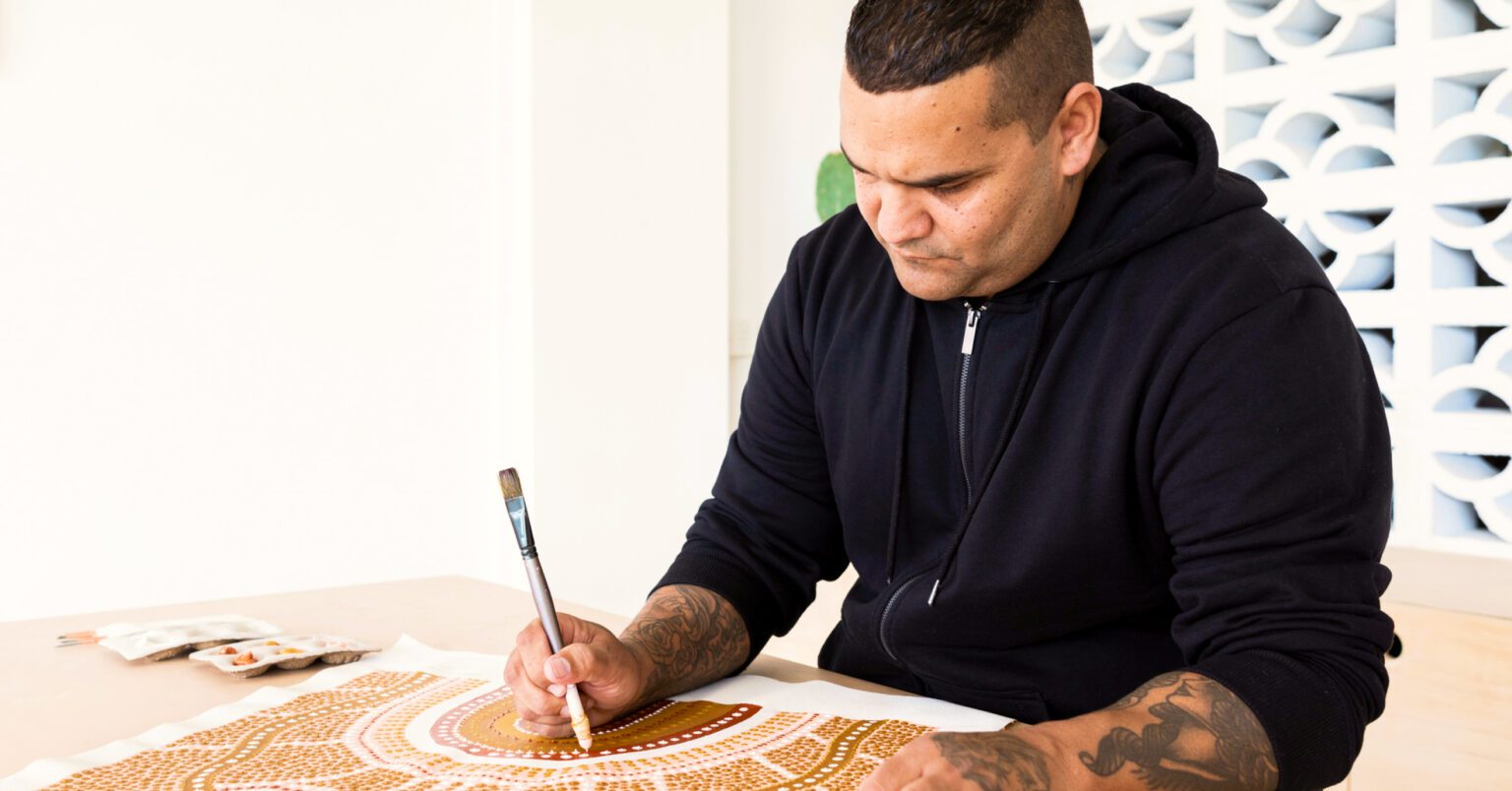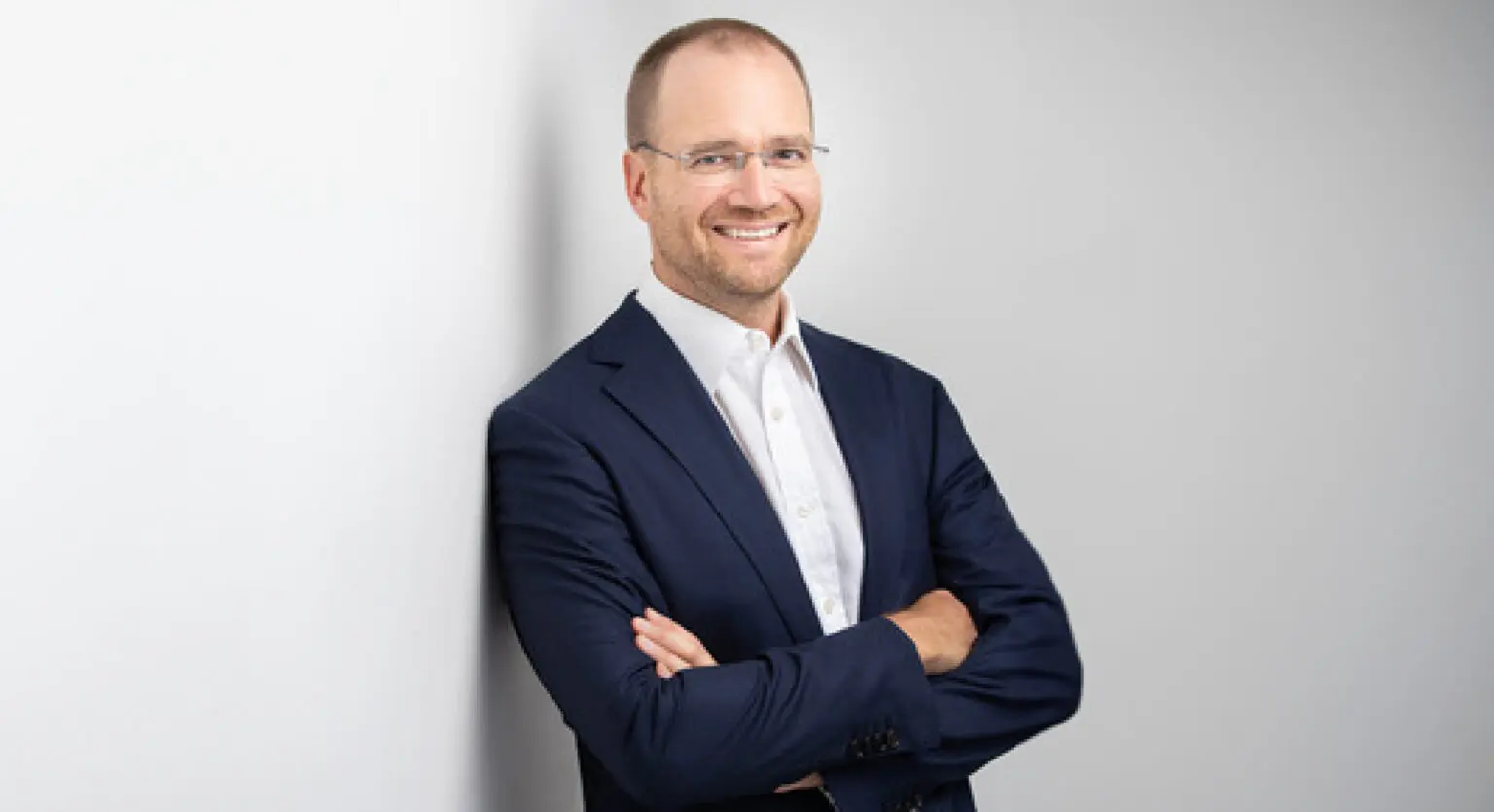Tough times or not, the entrepreneurial spirit is thriving. To celebrate that resilience and mark International Women’s Day, we spoke to five rockstar women in business who share the stories of how they faced down the pandemic and kept on keeping on. Here are their tips for achieving business growth in a post-pandemic market.
At a glance
Advice from our interviewees:
- Recovery is not so much about starting afresh as changing tack. ‘Pivot’ is the buzzword for a reason.
- Don’t make it harder than it has to be by isolating yourself.
- Growth might look different to what you expected – it might be time to mix it up when it comes to metrics.
Reinvent for renewal
 Lee-Ann Barbara Nordin, FurTastic Friends
Lee-Ann Barbara Nordin, FurTastic Friends
“Our biggest market was our Australian animals, sold as souvenirs,” says Lee-Ann Barbara Nordin of FurTastic Friends, and she’s talking plush toys, not real-life creatures. Because of COVID’s impact on tourism, FurTastic Friends lost around 70% of its original market, as well as experiencing ongoing, significant stock issues.
“But I am still in business!” Lee-Ann says. “I believe that there is always something else I can do – another new audience to target, a different social media platform, new offers for customers, new problems to solve for my clients. I just refuse to go out of business.”
Like many Australians, Lee-Ann was concerned about the social isolation associated with COVID, especially in care facilities, and saw a possible revenue stream and a way for her company to help.
“Because our products are so lifelike, they make a perfect substitute Emotional Support Animal for people suffering from anxiety, loneliness, PTSD, dementia and other mental health issues – particularly where access to a real animal is not possible. I rebranded to reflect this quality and have become an NDIS Provider. We’ve also donated ‘forever friends’ to residents in Aged Care Facilities who need some love and support.”
Updating the website with extra features to make the product more attractive to stockists and refining the company’s social media presence have also helped Lee-Ann weather the storm.
“I took every knock as a challenge.” she says “I used them to keep reinventing my business and, in the process, improved my skills as a business woman.”
Rethink what growth looks like
 Sharon Melamed, Matchboard
Sharon Melamed, Matchboard
“Growth doesn’t necessarily mean spending a fortune on new customer acquisition,” says Sharon Melamed, founder of Matchboard, a business match-making service. “I recommend looking after existing customers really well so they see the value in buying more from you and are more likely to refer you to others.”
Sharon and Matchboard switched gears at the start of the pandemic, to focus on being helpful to customers rather than chasing revenue – “so many people were doing it tough,” she explains.
And she spent time figuring out ways to get pandemic proof. A critical step was to move all operations – including face-to-face customer events – online.
“Twenty per cent of our business was face-to-face boardroom lunch events and we’ve transitioned that all online – and it’s booming.”
The goal for 2021? “The first half of the calendar year is critical to get momentum and pipeline while the second half is more about closing opportunities and capitalising. My goal is not only to exceed last year’s revenues, but to have a healthy pipeline to capitalise on as soon as the new year starts.”
Pivot – there’s a reason it’s the buzzword
 Natasha Giannetti, Founder of Snacks with Bite
Natasha Giannetti, Founder of Snacks with Bite
Retail assistant turned customer service manager Natasha Giannetti took the leap in January 2020 to open health-focused office subscription snack company, Snacks with Bite.
Two months later, every office in the country was closed.
“When COVID-19 hit I had a warehouse I was paying rent on, filled with stock I knew I wouldn’t be able to move. I started to panic. Should I hibernate? Or pivot?” says Natasha.
“I thought about what people were going to want in this new environment. I knew a major concern would be keeping staff engaged while they were working from home. How would companies translate a healthy workplace culture from afar?”
So, pivot it was.
“Our communal office snack boxes became individual-sized wellness boxes, sent to employees around the country by companies that wanted to keep employees engaged and connected while working from home.”
A year later, Snacks with Bite is on track to $1 million turnover.
And the best advice Natasha received along the way?
“With all that uncertainty and all those ‘what-ifs’ all you can do is control the controllable.”
Shift gears – but stay consistent
 Vanessa Geraghty, Founder of Vivacity Marketing
Vanessa Geraghty, Founder of Vivacity Marketing
Vanessa Geraghty’s boutique marketing consultancy, Vivacity Marketing, was very nearly wiped out by the impact of the pandemic.
“All of my agency clients cancelled their marketing and I was faced with the task of re-building my business from scratch. Before COVID I had worked with companies in the beauty, wellness and travel industries, all of which were badly affected.”
It was time to shift gears.
“In April I did a complete review of my business and moved from working with small businesses to medium-sized businesses in COVID-proof industries such as aged care, finance, engineering and technology. And I’m always analysing who my best clients are and how I can find more of those types of clients.”
Creating a marketing plan across a wide range of platforms with a diverse offering featuring plenty of video content was key to riding out the hardest months. “But you must execute that plan every day. Consistency is key for growth.”
One more thing Vanessa says to remember on your journey to small business growth: “Charging what you are worth is an area many female business owners struggle with. The best advice I’ve received is pay yourself first and pay what you are really worth.”
Don’t go it alone
 Amanda Falconer, Founder of Bestie Kitchen
Amanda Falconer, Founder of Bestie Kitchen
Amanda Falconer is the Founder of Bestie Kitchen, which produces fresh, healthy food options and supplements for pets. At the start of the pandemic, she went into a tailspin.
“But honestly, it only lasted a week,” she says of that difficult time. “Then I thought, well, there is no certainty ever really – this is just a very extreme example of it. So make plans with the information you have right now and keep going. We were lucky in that we were still small enough to be agile when plans were disrupted.”
Key to Amanda’s philosophy of ‘keep going’ is a solid support structure.
“When you’re running a growing small business, it’s hard to ‘manage’ yourself and it’s easy for moments of low confidence to strike. My negative thinking tends to be cyclical – it’s something I have to manage. So early on, I created a mini-board. I have an ex-CEO strong on operations and a current GM strong on sales. I make sure I share how I’m feeling about things with them and it’s always amazing to me how they’ll have a different and more objective view. I find that super helpful.”
Keen for more business growth tips and insights? Sign up to the Prospa Blog Newsletter.








